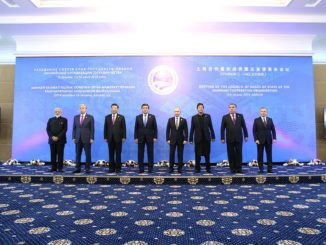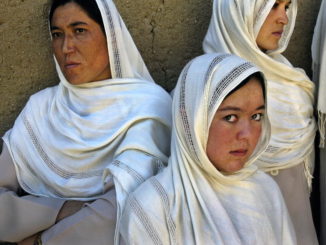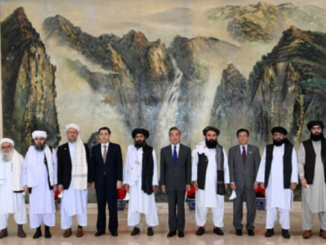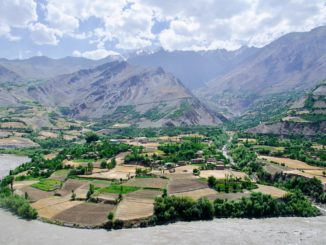
Why Regionalism Is Important for Afghanistan
As the Taliban retakes control of Afghanistan, China and Russia won’t make timid pleas to Washington to place forces on the ground in the country. The militarist path has been deemed a flawed move by both sides. In the coming days, the Sino-Russian bloc will likely prioritize political solutions, thereby promoting a more proactive position for the SCO and emphasizing the importance of regional frameworks.





